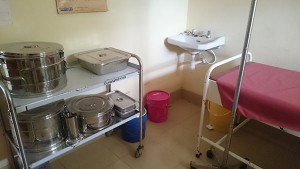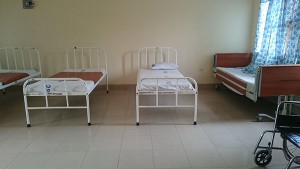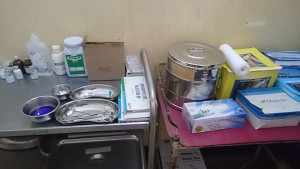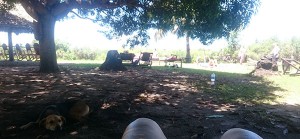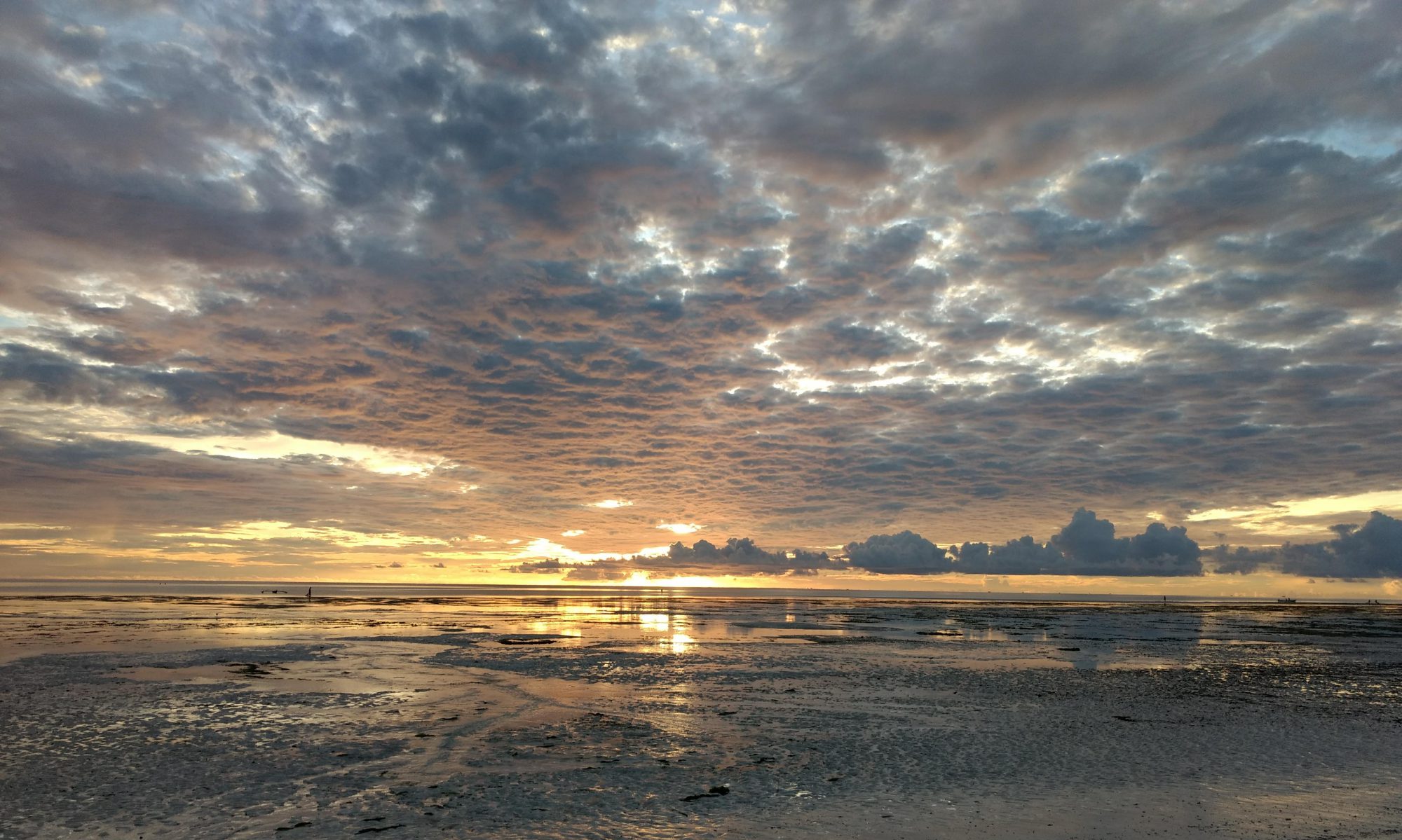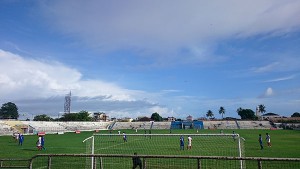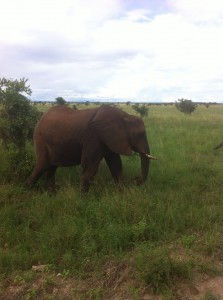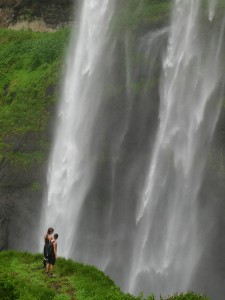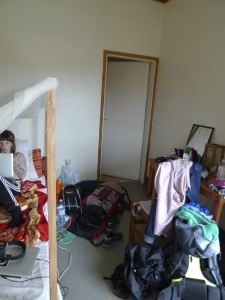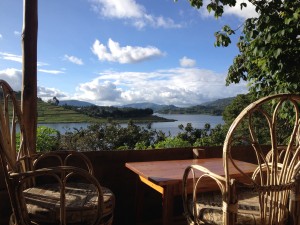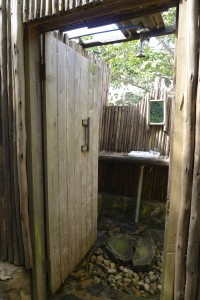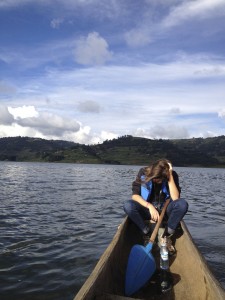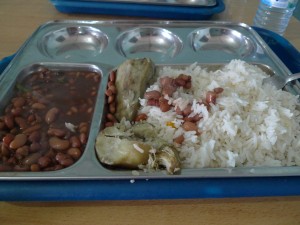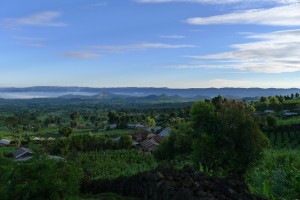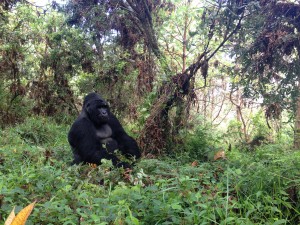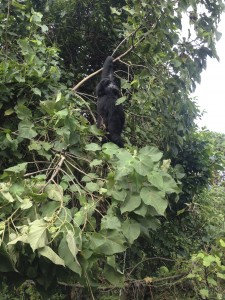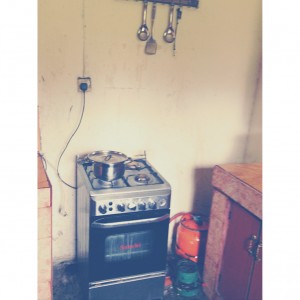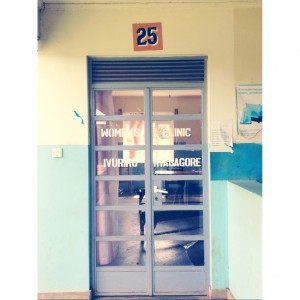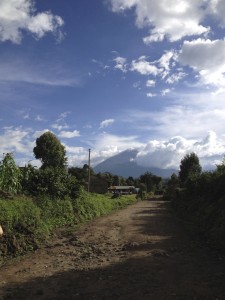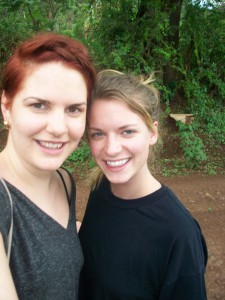
Inte så regelbundna blogginlägg.. Har haft en del att stå i. Delar upp den senaste tidens händelser i några inlägg nu i ett par dagar framöver, så håll utkik!
Som nämnt i tidigare inlägg hade studenterna här påsklov i två veckor, så vi besökte skolan Msiriwa secondary school, där vår studie äger rum, förra tisdagen när eleverna kom tillbaka. Vi började med en kort introduktion i form 4, motsvarande vårt första år på gymnasiet, där vi presenterade oss och vår tänkta studie. Vi delade ut formulär med påståenden om hälsa, som eleverna fick ranka dem, med det viktigaste först. Båda våra tolkar var med och vi märkte snabbt att Hyacinta var en heelt fantastisk människa och tolk som hjälpte oss jättemycket under hela tiden på skolan. Flickorna hade jättemycket frågor till oss, om allt mellan politik och kvinnors inflytande i Sverige och våra favoritmaträtter, väldigt intressant och kul.
Vi fick även en rundvisning på skolan av rektorn (som är en kvinna, för övrigt var det bara två anställda kvinnliga lärare, resten män…) och blev presenterade för alla lärare. Hon var jättepositiv till hela vårt projekt och ville gärna se hälsoformuläret, som hon även fyllde i med stor entusiasm. Vi blev bjudna på läsk och Hyacinta och rektorn hade en ganska hetsig diskussion med vår manliga tolk om hur det är att vara kvinna i Tanzania, chockerande hur vissa män här ser på kvinnor alltså.
Dag två på skolan var det dags för intervjuer. Vi började med tjejerna och första intervjun var något trevande, med en blyg flicka och en ganska nervös intervjuare (jag). Det kom dock fram en hel del givande svar och nervositeten släppte något från båda sidor efter ett tag.
Följande intervjuer gjordes vidare under samma vecka samt veckan efter. Vi använder oss av så kallade flash cards, där vi har tjugofyra olika påståenden om hälsa, skrivna på Swahili och Engelska, där vi låter den som blir intervjuad plocka ut kort som de associerar med hälsa och sedan ranka dem. Sedan har de fått prata ganska fritt om varje kort och vi har ställt en del korta följdfrågor. Flash cards var tänkt som ett hjälpmedel, dels för at överkomma språkbarriären och även som en bra hjälp eftersom vi är ovana intervjuare, där något fysiskt att “plocka med” och gå tillbaka till om det blir tysta stunder kan kännas tryggt, vilket det gjorde.
Vi har ännu inte börjat analysera det insamlade materialet, men efter att ha transkriberat har vi nog ändå snappat upp en del teman, som antagligen kommer att visa sig i resultatet. Bland annat att många ungdomar tycker att stress är ett problem som påverkar hälsan väldigt negativt. Många uttryckte stress för att inte klara slutproven i slutet av terminen och även en stress för att föräldrarna skulle bli sjuka och gå bort. Många tjejer uttryckte många starka känslor som “Skam”, “självmord” och “rädsla för övergrepp och våldtäkt”, vilket såklart chockerade oss.
Även om tjejerna berättade saker som gjorde en väldigt ledsen och nedstämd, så var vissa delar av samtalen också väldigt givande och roliga, eftersom flera frågor till oss ställdes efter intervjun, där de öppnade upp sig mer och samtalet blev mer naturligt och på en mer avslappnad nivå.
Långt inlägg, mer kommer. /Linnea
